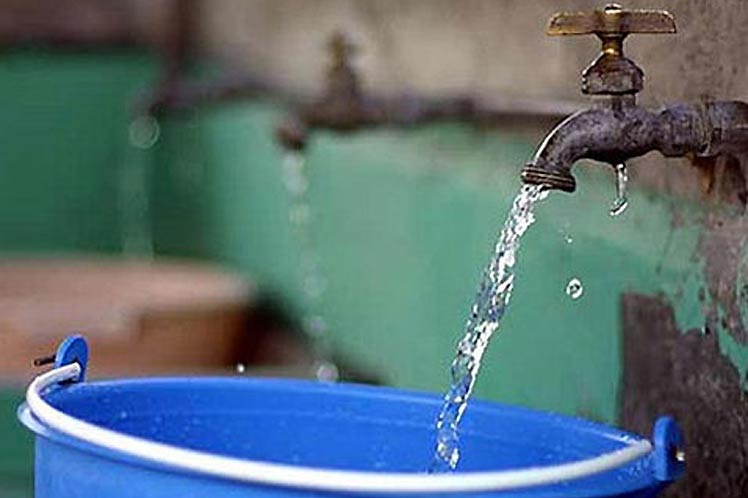The statement calls for the modification of the draft regulation of the Law on Universal Drinking Water and Sanitation Services, prepared by the Ministry of Housing, which allows the aforementioned rate increases.
It calls on the Government to apply the Ombudsman’s recommendations “in order to guarantee the right of universal access to water and sanitation services.”
It proposes to eliminate, among other issues, the adoption of the known tariff rebalancing method, which introduces new criteria for the calculation of tariffs, which would lead to the aforementioned surge.
It points out that the Ministry of Housing made the regulation because the Government gave it regulatory powers over the drinking water service, which contradicts another previous law on public services, and in this case the National Superintendence of Services and Sanitation (SUNASS).
If the regulation is approved, the Ombudsman’s Office notes, there would be an increase of between 20 and 729 percent per month, depending on the respective regional water company.
The statement notes that the report on the evolution of poverty in Peru by the National Institute of Statistics and Informatics (INEI), according to which the average household spends 21.6 percent of the family budget on housing, water, electricity, gas and other fuels.
“The Ombudsman’s Office is therefore concerned that the upsurge in water and sanitation tariffs will have an impact on the spending capacity of all families, especially the poorest,” the statement adds.
It also cites the SUNASS report which warns that, if the regulation is approved, the index of known monetary poverty would increase, currently 29.1 percent, would soar by 1.4 percent, affecting 311,075 Peruvians.
ef/omr/ro/mrs









